“What are you?”: My Experiences with Racial Curiosity, Categorization, and “Othering”
By Stefanie Wilson | October 12, 2017
As a biracial woman, I have been asked “what are you” more times in my life than I can count. I think this question comes from a desire to put people in a box, and while the person asking may intend no harm, it’s a question that can be quite alienating for the recipient.
In my earliest memories of this happening, I’m a preteen, but tall for girls my age. I would be out walking with my parents and fall behind and would be approached by strangers -- always male, older, and usually white -- attempting to initiate a conversation. The question inevitably comes, “what are you?”
I feel discomfort and a growing fear from the leering gaze that accompanies the question, and indignation at being made to suffer this dehumanizing experience. Usually, politeness would win out, and I begrudgingly give the answer, “I’m half-Chinese, half-White.” I feel exposed and vulnerable feeling reduced to these two boxes.
Over time, the question has merely become more PC. For example, just a few months ago, I was at an airport, excited to be catching some of the Golden State Warriors’ playoff game during my layover, when my revelry was interrupted by an older white man asking me, “excuse me, what’s your ethnicity?”
What is usually clear is that the men asking this question find me “exotic” (which is a whole other blog post in itself). There is an intense fetishization that happens to Asian women particularly by white men; however, these types of questions: “what are you?” or “where are you from?” get asked to racially ambiguous people all the time and it’s frustrating being on the receiving end.
Categorization and Othering
Some evolutionary psychologists theorize that categorizing things in the world around us is part of our evolutionary psychology. According to this theory, for thousands of years, we have evolved around a single basic question, is this object/human/non-human I am facing friend, or foe? Or, in more modern terms, is she like me, or is she other?
Whatever the origins of this urge, we ought to be more conscious of it and how it seeps into our interactions with people of different races. Particularly when phrased as, "what are you?," this questions strips away the recipient's humanity. Indeed, this interrogation of racial identity firmly places the recipient of the question as an “other.”
Some background: The concept of “othering” was popularized by second-wave feminist Simone De Beauvoir, to explain that the subjugation of women in Western societies was borne of -- and reinforced by -- conceiving of women as the Other in service to man’s Self.
Intersectional feminists have since added layers of race, able-bodiedness, sexuality, and other characteristics likely to render an individual as the Other. Distinguishing between the “Self” (which includes all alike individuals) from the “Other” (which includes all different individuals) is the basis of hegemonic power.
Animal rights activists are probably familiar with this concept. We often see that our society conceives of non-human animals as others, as different than us, to justify slaughtering them, caging, them, and otherwise using them for humans’ benefit.
Othering was -- and is -- used to justify all manner of human atrocities including war, slavery, and genocide. And, it’s true that othering is not deployed exclusively by white people.
My point in bringing up this (extremely brief and simplified) history of racial categorization and othering is to put words to the deep-seated anxiety and psychological baggage that I felt so many times, and that I hear in the stories of other people who have been confronted with that question simply by looking, in the view of some, “different” or “unfamiliar.”
This is not meant to compare my personal experiences of being asked about my racial identity to any of these atrocities, nor to the serious and repeated prejudices and blatant racism that Black and brown people face on a daily basis.
So, you may now be thinking, “what is ‘the right’ way to ask what a person’s racial make-up or identity is?” Honestly, I think the best tact is not to ask at all. Ask yourself: is your curiosity to know where my family is from worth causing the level of discomfort I will feel being asked? The answer is almost certainly no. Racially ambiguous people like me are faced with this question a lot so we’ll tell you ourselves -- when it makes sense and the place, person, and time is safe and appropriate.
Stefanie Wilson M.S., Esq., is staff attorney at Mercy For Animals. She specializes in administrative law, with an emphasis on U.S. farmed animal policy.

